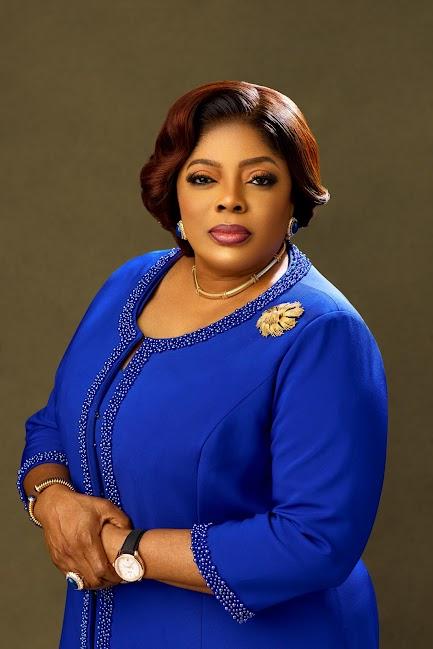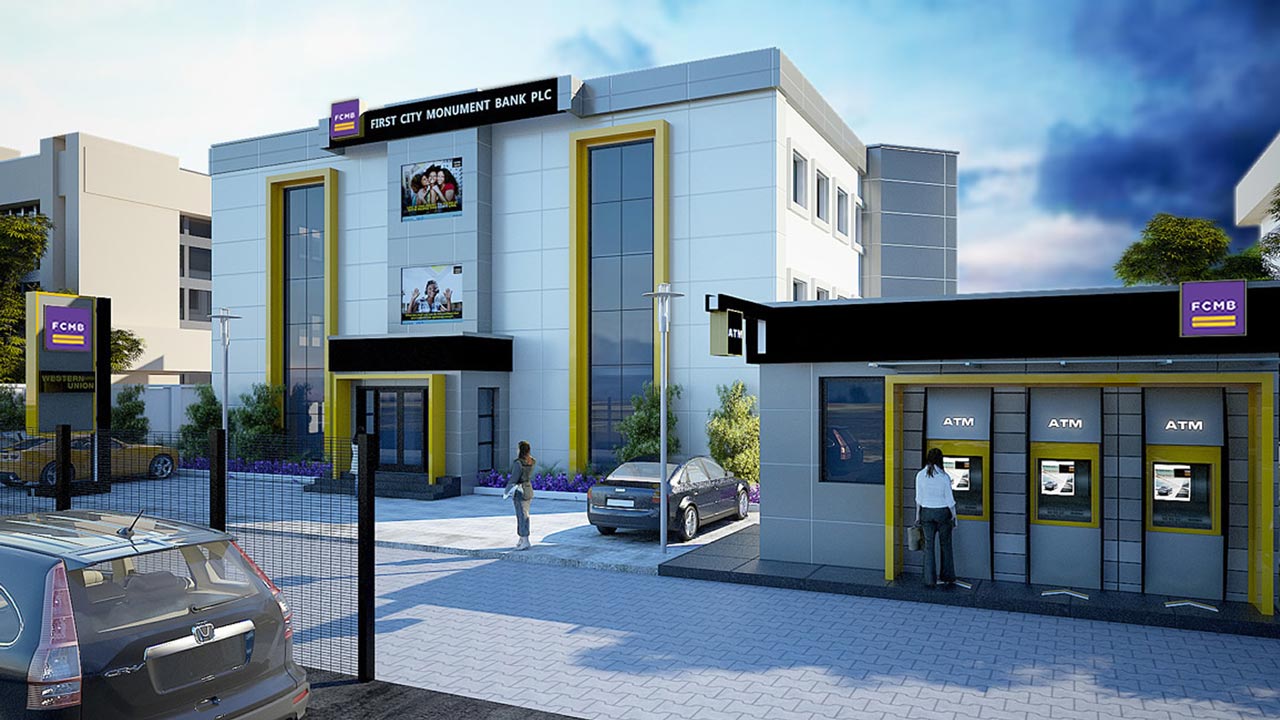FCMB Group Plc, one of Nigeria’s leading financial institutions, has reported a surge in its digital revenue for the 2023 financial year.
According to the 2023 audited financial results filed with the Nigerian Exchange Limited, FCMB Group’s digital revenue increased by 62.4% in digital revenue to N60.3 billion from N37.1 billion in the previous year.
With a strategic focus on digitalization, the group has successfully expanded its digital offerings, resulting in a significant uptick in revenue derived from digital channels.
In its 2023 financial report, FCMB Group highlighted the strides made in digital retail lending with over 1.6 million loans totaling N100.9 billion accessed, underwritten, and disbursed through digital channels.
Similarly, digital SME lending witnessed significant traction, with over 20,500 loans totaling N177.9 billion disbursed via digital platforms.
The group’s digital wealth propositions also experienced robust growth, with assets under management reaching N15.1 billion, reflecting a substantial increase from N8.5 billion in 2022.
The surge in digital revenue was attributed to the successful execution of FCMB Group’s digital strategy, which prioritizes innovation, customer-centricity, and operational excellence.
By embracing digital payments, wealth management, and lending solutions, FCMB Group has empowered a greater number of customers while driving revenue growth and operational efficiency.
Commenting on the financial performance, FCMB Group highlighted the reduction of its cost-to-income ratio to 66.3%, excluding revaluation gain (48.9% inclusive of revaluation income).
This achievement underscores the effectiveness of the group’s digital initiatives in optimizing costs and enhancing operational efficiency.
The robust financial performance was further underscored by FCMB Group’s profit before tax, which surged to N104.4 billion in 2023, indicating a remarkable 186% year-on-year growth.
Various divisions of the group, including banking, consumer finance, investment management, and investment banking, recorded robust earnings growth, reflecting the overall strength and resilience of the group.
Furthermore, FCMB Group’s gross revenue rose by 82.5% to N516.4 billion from N283 billion, driven by a 61.7% growth in interest income and a 154.4% growth in non-interest income.
Net interest income grew by 44.8%, propelled by an increase in the yield on earning assets.
In addition to its financial achievements, FCMB Group underscored its commitment to environmental sustainability by transitioning 160 branches to solar power, with 78% of its business locations now powered by renewable energy.
The group also secured funding of up to N13 billion from local development finance institutions to support customers in accessing solar energy solutions.
Looking ahead, FCMB Group reiterated its commitment to leveraging its unique group structure to build a technology-driven ecosystem that fosters inclusive and sustainable growth.
With a focus on continued innovation and digitization, FCMB Group is poised to sustain its growth trajectory and deliver value to its customers, shareholders, and communities across Nigeria.




 Forex4 weeks ago
Forex4 weeks ago




 Naira3 weeks ago
Naira3 weeks ago
 Billionaire Watch3 weeks ago
Billionaire Watch3 weeks ago










 Naira4 weeks ago
Naira4 weeks ago










 Naira3 weeks ago
Naira3 weeks ago


 Naira2 weeks ago
Naira2 weeks ago










 Naira2 weeks ago
Naira2 weeks ago
 Commodities4 weeks ago
Commodities4 weeks ago











